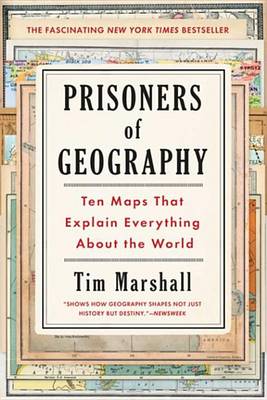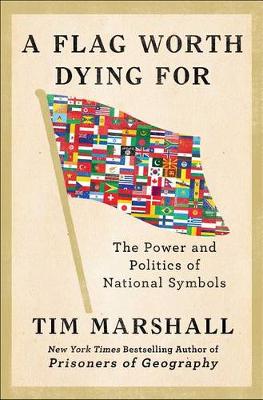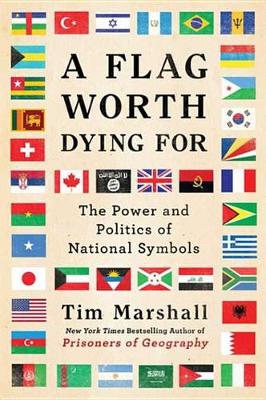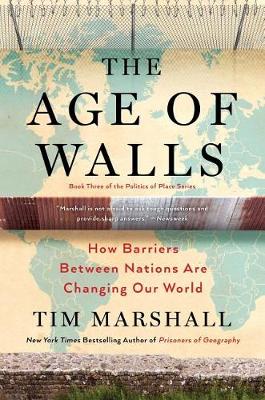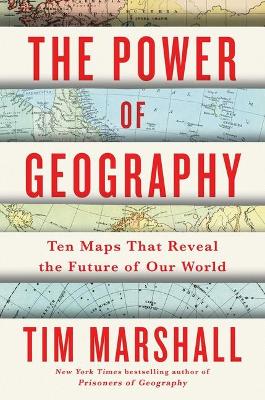Politics of Place
4 primary works • 5 total works
Book 1
All leaders are constrained by geography. Their choices are limited by mountains, rivers, seas and concrete. Yes, to follow world events you need to understand people, ideas and movements - but if you don't know geography, you'll never have the full picture.; If you've ever wondered why Putin is...Read more
All leaders are constrained by geography. Their choices are limited by mountains, rivers, seas and concrete. Yes, to follow world events you need to understand people, ideas and movements - but if you don't know geography, you'll never have the full picture.; If you've ever wondered why Putin is so obsessed with Crimea, why the USA was destined to become a global superpower, or why China's power base continues to expand ever outwards, the answers are all here.; In ten chapters (covering Russia; China; the USA; Latin America; the Middle East; Africa; India and Pakistan; Europe; Japan and Korea; and the Arctic), using maps, essays and occasionally the personal experiences of the widely travelled author, Prisoners of Geography looks at the past, present and future to offer an essential insight into one of the major factors that determines world history.; It's time to put the 'geo' back into geopolitics.
Book 2
From the renewed sense of nationalism in China to troubled identities in Europe and the USA, to the terrifying rise of Islamic State, the world is a confusing place right now and we need to understand the symbols, old and new, that people are rallying around. For thousands of...Read more
From the renewed sense of nationalism in China to troubled identities in Europe and the USA, to the terrifying rise of Islamic State, the world is a confusing place right now and we need to understand the symbols, old and new, that people are rallying around. For thousands of years, flags have represented our hopes and dreams. We wave them. Burn them. March under their colors. And still, in the twenty-first century, we die for them. Flags fly at the UN, on Arab streets, from front porches in Texas. They represent the politics of high power as well as the politics of the mob. In nine chapters covering the USA, UK, Europe, Middle East, Asia, Africa, Latin America, international flags, and flags of terror, Tim Marshall examines the systems of symbols that represent nation states and non-state actors (including ISIS, Hezbollah, and Hamas) and how they figure in diplomatic relations and events today.
Book 2
Book 3
"Tim Marshall ... analyzes the most urgent and tenacious topics in global politics and international relations by examining the borders, walls, and boundaries that divide countries and their populations. The globe has always been a world of walls, from the Great Wall of China to Hadrian's Wall to the...Read more
"Tim Marshall ... analyzes the most urgent and tenacious topics in global politics and international relations by examining the borders, walls, and boundaries that divide countries and their populations. The globe has always been a world of walls, from the Great Wall of China to Hadrian's Wall to the Berlin Wall. But a new age of isolationism and economic nationalism is upon us, visible not just in Trump's obsession with building a wall on the Mexico border or in Britain's Brexit vote but in many other places as well. China has the great Firewall, holding back Western culture. Europe's countries are walling themselves against immigrants, terrorism, and currency issues. South Africa has heavily gated communities, and massive walls or fences separate people in the Middle East, Korea, Sudan, India, and other places around the world. In fact, at least sixty-five countries, more than a third of the world's nation-states, have barriers along their borders. There are many reasons why walls go up, because we are divided in many ways: wealth, race, religion, and politics, to name a few. Understanding what is behind these divisions is essential to understanding much of what's going on in the world today"--
